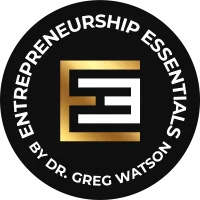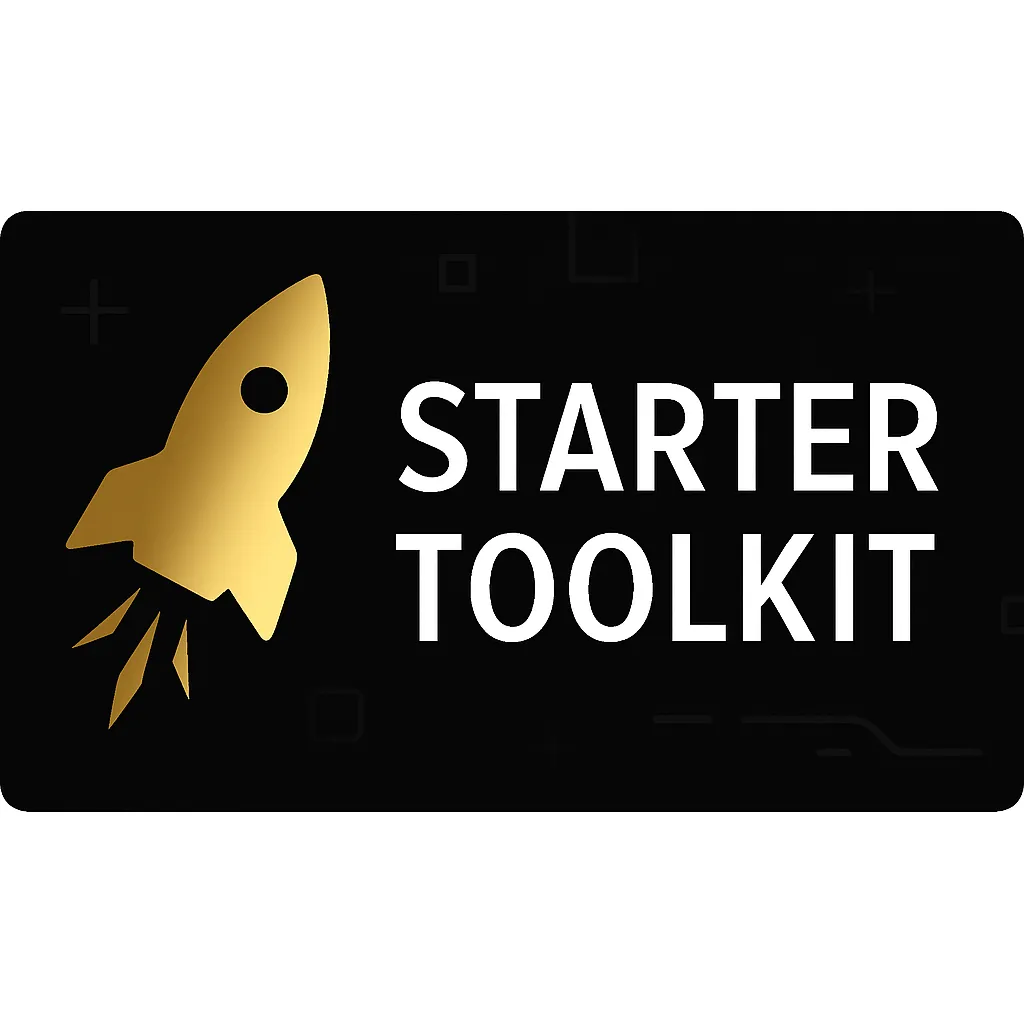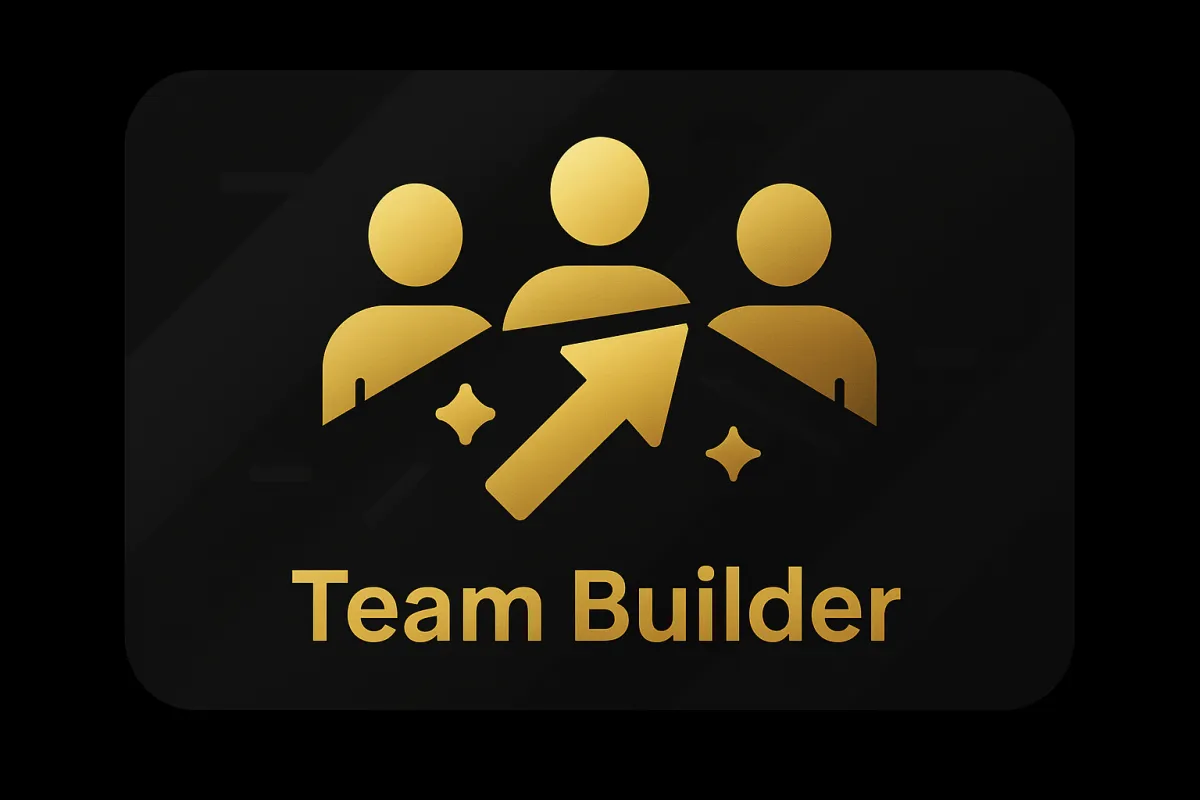The Entrepreneurial Mindset: Traits That Drive Startup Success
Startup success begins with how you think — not just what you do. This article explores the key traits that define the entrepreneurial mindset, from resilience to resourcefulness, and how they fuel breakthrough results. Discover how developing these traits can help you launch, grow, and lead with confidence.
What Is the Entrepreneurial Mindset?
Why Mindset Matters More Than the Perfect Idea
It took me several ventures—and more than a few hard-earned lessons—to realize that success in entrepreneurship isn’t primarily about the idea. It’s about the mindset behind it. I’ve watched students launch incredible businesses from modest concepts because they had grit, curiosity, and the resilience to keep going. I’ve also seen brilliant ideas wither in the hands of someone who wasn’t ready for the uncertainty, risk, and emotional roller coaster of entrepreneurship.
In entrepreneurship, your mindset is your operating system. It shapes how you respond to setbacks, how you seek opportunity, how you lead, and ultimately how you grow. The most successful founders I’ve known share this in common: they don’t always have the flashiest pitch or the biggest investment—they just refuse to quit. They adapt. They learn. They find a way. They use their mindset to create value, both for customers and for themselves.
Defining the Entrepreneurial Mindset
So what exactly is the entrepreneurial mindset? At its core, it’s a way of thinking and acting that reflects opportunity orientation, resilience, adaptability, and a commitment to lifelong learning. It’s not something you’re born with—it’s something you develop. And that’s good news. Because it means anyone, from any background, can learn to think like an entrepreneur.
The entrepreneurial mindset includes traits like:
Initiative: Taking action before you feel fully ready
Curiosity: Asking questions and exploring possibilities
Resilience: Bouncing back from failure
Resourcefulness: Solving problems creatively with limited resources
Vision: Seeing a better future and building toward it
Critical Thinking: Evaluating ideas and making reasoned decisions in uncertain situations
These traits are the building blocks of a successful startup founder—and they’re what we’ll explore in depth throughout this article.
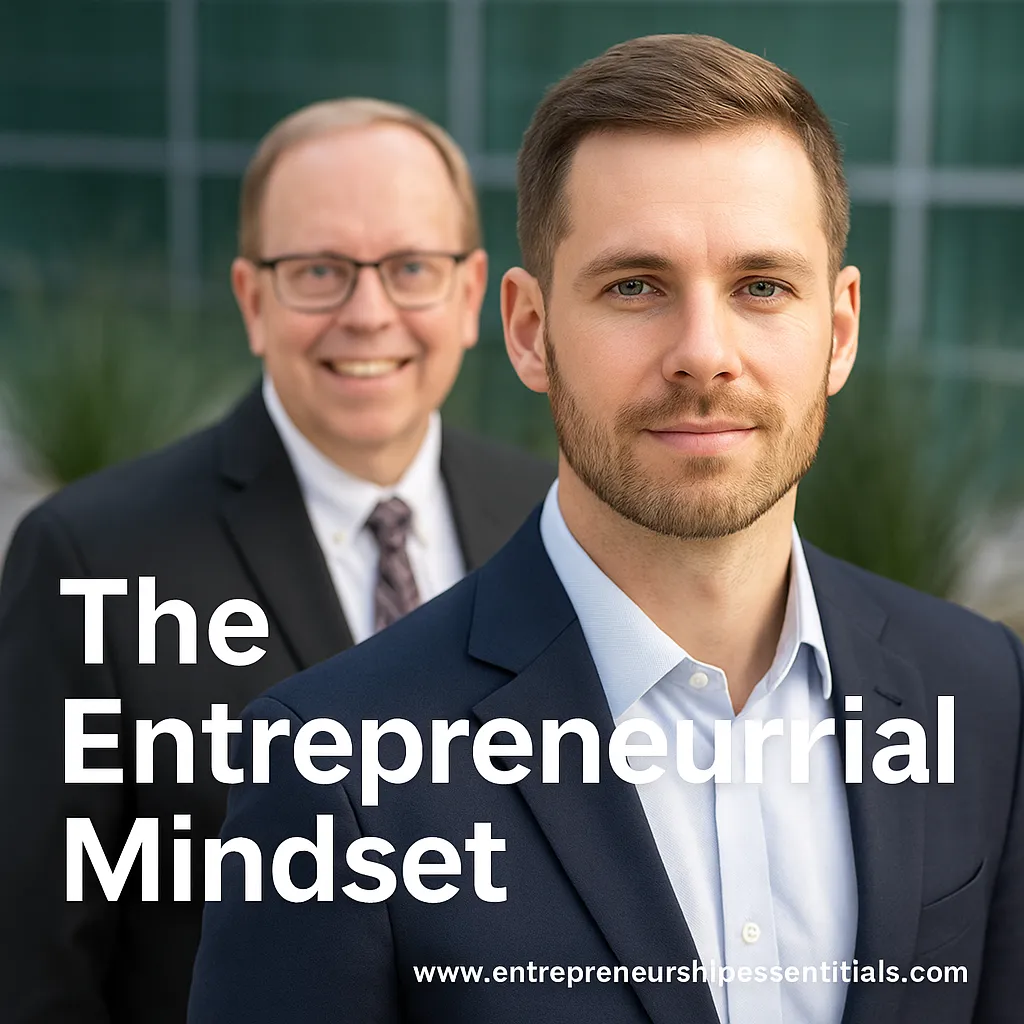
Core Traits of Successful Entrepreneurs
Grit: The Power of Staying In the Game
Grit is what keeps you going when everything feels like it’s falling apart. I’ve had more than one student come to me ready to walk away from their idea after a tough week. And I’ve been there too. Entrepreneurship isn’t a straight line. It’s more like a series of loops: excitement, failure, reflection, and refinement.
The entrepreneurs who succeed aren’t the ones who avoid struggle—they’re the ones who outlast it. They take the hit, learn from it, and keep building. That’s grit. That’s what it means to be resilient in the face of uncertainty.
Adaptability: Learning to Pivot Without Panic
Markets shift. Customer needs change. Technology evolves. If your approach is rigid, your business risks becoming irrelevant. One of my former students launched a mobile meal prep service that didn’t take off as expected. Rather than scrap the idea, she noticed that her customers really wanted customized nutrition coaching. She shifted—and built a thriving coaching business from the same foundation.
Adaptability isn’t about abandoning your vision. It’s about adjusting the path when the terrain changes. Resilient entrepreneurs don’t resist change—they embrace it, and that’s what keeps them in motion.
Initiative: Acting Before You Feel Ready
Many would-be entrepreneurs wait for the “perfect time.” But there is no perfect time. At some point, you just have to start. One of the greatest traits of successful entrepreneurs is their ability to act—even when they don’t have all the answers.
Taking initiative doesn’t mean being reckless. It means making a small move forward. Building a prototype. Talking to a customer. Making a sale. You can’t steer a parked car.
Curiosity: The Fuel of Opportunity
The most successful founders I’ve taught ask more questions than they answer. They stay curious. They don’t assume they know what customers want—they ask. They observe. They iterate. Curiosity keeps your business aligned with real needs.
In my classes, I encourage students to fall in love with the problem, not the solution. That mindset creates entrepreneurs who keep learning, keep asking, and ultimately, keep growing through meaningful learning experiences.
Resourcefulness: Doing More With Less
Startups rarely have all the money, time, or staff they’d like. But great entrepreneurs don’t focus on what they lack—they focus on what they have, and how to use it creatively.
Whether it’s using free design tools, borrowing equipment, or trading services with another small business, resourcefulness helps you keep moving forward. It also builds confidence—because you realize you’re not stuck. You’re just solving creatively.
Mindset vs. Skillset: Why Both Matter
The False Choice Between Hustle and Knowledge
There’s a tendency to divide entrepreneurship into two camps: the hustle-hard, figure-it-out-on-the-fly crowd, and the know-everything-before-you-start group. But the truth is, you need both mindset and skillset. Your mindset gives you the endurance. Your skillset gives you the tools.
I’ve seen students with deep technical skill struggle because they froze when things didn’t go according to plan. I’ve also seen students with minimal experience thrive because they were willing to learn, adapt, and try again.
Entrepreneurship doesn’t require perfection. It requires persistence and preparation.
Building Confidence Through Action
One of the best ways to develop both mindset and skillset is through action. The more you do, the more you learn. The more you learn, the more confident you become.
Confidence isn’t about bravado—it’s about familiarity. If you’ve pitched your idea 20 times, the 21st time will feel natural. If you’ve failed and bounced back, the next setback won’t derail you. Action builds muscle memory for entrepreneurship—and each step forward empowers you with greater clarity and conviction.
Measuring the Impact of Innovation on Business Growth
Measuring the impact of innovation on business growth is crucial for demonstrating the value of innovation initiatives and informing future strategic planning. Innovation can be assessed using a variety of metrics, including new product sales, market share, and customer satisfaction.
Measuring the impact of innovation on business growth is crucial for demonstrating the value of innovation initiatives and informing future strategic planning. Innovation can be assessed using a variety of metrics, including new product sales, market share, and customer satisfaction.
Developing the Entrepreneurial Mindset
Start With Self-Awareness
Customer discovery means having real conversations. Asking real questions. Being willing to hear that your idea might not be perfect—and that’s okay. Your MVP, or minimum viable product, is your way of saying: “Here’s a rough version—what do you think?”
Build a landing page. Offer a prototype. Host a pilot workshop. The goal isn’t perfection—it’s learning. What matters is whether someone would actually use or buy your solution.
Read more: [How to Validate a Business Idea Before You Launch]
Understanding Business Models and Revenue Streams
What Is a Business Model?
Mindset development begins with knowing yourself. What are your default reactions to stress? How do you handle feedback? Where do you feel stuck? Entrepreneurship will press all your buttons. But that’s not a bad thing. It’s a chance to grow.
I ask my students to keep a journal of their reactions throughout the semester. What triggered frustration? When did they feel energized? Patterns start to emerge. And those patterns become opportunities for growth.
Reframe Failure as Feedback
Entrepreneurs don’t fail less. They just recover faster. The key difference? They reframe failure as feedback.
I’ve had launches flop. I’ve had proposals rejected. I’ve had ideas fall flat in front of a room. But each time, I walked away with more clarity than I had before. That shift—from shame to insight—is how the entrepreneurial mindset evolves.
Practice Opportunity Recognition
Seeing opportunity is a skill you can sharpen. Start by paying attention. What frustrates you? What do people complain about? Where are systems broken?
Ask yourself, “What’s a better way?” That simple question has sparked entire industries. The more you train your brain to look for problems worth solving, the more naturally ideas will come. Entrepreneurs are, above all else, problem-solvers. And problem-solving is a skill that improves with practice.
Build Your Tribe
Mindset grows faster in community. Surround yourself with people who believe in growth, who challenge you to keep going, and who are willing to share what they’ve learned.
I tell every entrepreneur: find your people. A mentor, a classmate, a local business owner, a mastermind group. These connections don’t just support you emotionally—they push your thinking forward and help you develop the courage to take risks that lead to breakthroughs.
The Evolving Landscape of Entrepreneurship and Innovation
Idea Stage: Courage and Curiosity
When you’re just starting out, mindset is everything. You need the courage to share your idea, the curiosity to test it, and the resilience to hear, “That won’t work”—and keep going.
Many students stop before they start because they’re afraid of looking foolish. But the truth is, entrepreneurship is messy. That’s what makes it great. It rewards those who are willing to try.
Launch Stage: Focus and Grit
Once you’ve validated your idea, it’s time to build. This is where distraction becomes your enemy. The mindset here is about focus. Saying no to shiny objects. Sticking with your plan—while remaining flexible to learn.
Grit carries you through this phase. There will be late nights. Unexpected costs. Technology that doesn’t work. But if you keep showing up, you build momentum. And momentum is magic.
Growth Stage: Adaptability and Vision
As your business grows, the mindset shifts again. You move from doing everything yourself to building systems and teams. That requires trust, delegation, and long-term vision.
It also requires adaptability. What worked at five customers might break at 50. What worked at 50 might stall at 500. Growth reveals new challenges—and new mindsets to master.
Real-World Stories of Entrepreneurial Mindset
From Community College to CEO
One of my former students started with a simple idea: create a better planner for college students juggling work and family. She didn’t know how to manufacture it, market it, or sell it. But she kept asking questions. Kept testing.
By the end of the year, she was shipping planners to four states and had been featured in a local news story. She didn’t wait to be ready. She acted—and she learned.
The Student Who Kept Showing Up
Another student pitched an idea in class and was told it didn’t make sense. He refined it, asked more questions, and came back with a better version. Then another. Then another. By the end of the semester, he had built a working prototype and had real users. He didn’t have the “best” idea—but he had the best mindset.
Your Next Step: Mindset in Motion
If you take one thing from this article, let it be this: the entrepreneurial mindset is not a fixed trait. It’s a practiced discipline. One that grows stronger every time you act, reflect, and refine.
Start where you are. Read books. Watch interviews. Talk to entrepreneurs. Try something small. Keep a journal. Reflect on failure. Celebrate progress. Build your tribe. And above all—keep going.
Entrepreneurship isn’t just about starting a business. It’s about becoming the kind of person who can. And that starts with mindset.
The Entrepreneurship Essentials OER Textbook
Who This Resource Is For
First-generation college students
Working adults returning to school
Teachers and mentors looking for curriculum
Self-starters who want a roadmap
How to Use It in Classrooms, Accelerators, or on Your Own
This book can support:
Guided classroom lessons
Online learning platforms
Self-paced exploration
Business incubators and student pitch competitions
Every chapter includes practical tools, discussion prompts, and real-world case studies.
Start Your Journey with the Entrepreneurship Essentials OER Textbook
Small Call to Action Headline
The Entrepreneurship Essentials OER Textbook is just the beginning. The full Entrepreneurship Essentials curriculum offers:
Detailed chapters
Skill-building exercises
Ethical case studies
Pitch practice tools
Download the Free Entrepreneurship Essentials Textbook or View Online
Entrepreneurship Essentials Textbook
OER Entrepreneurship Essentials Textbook
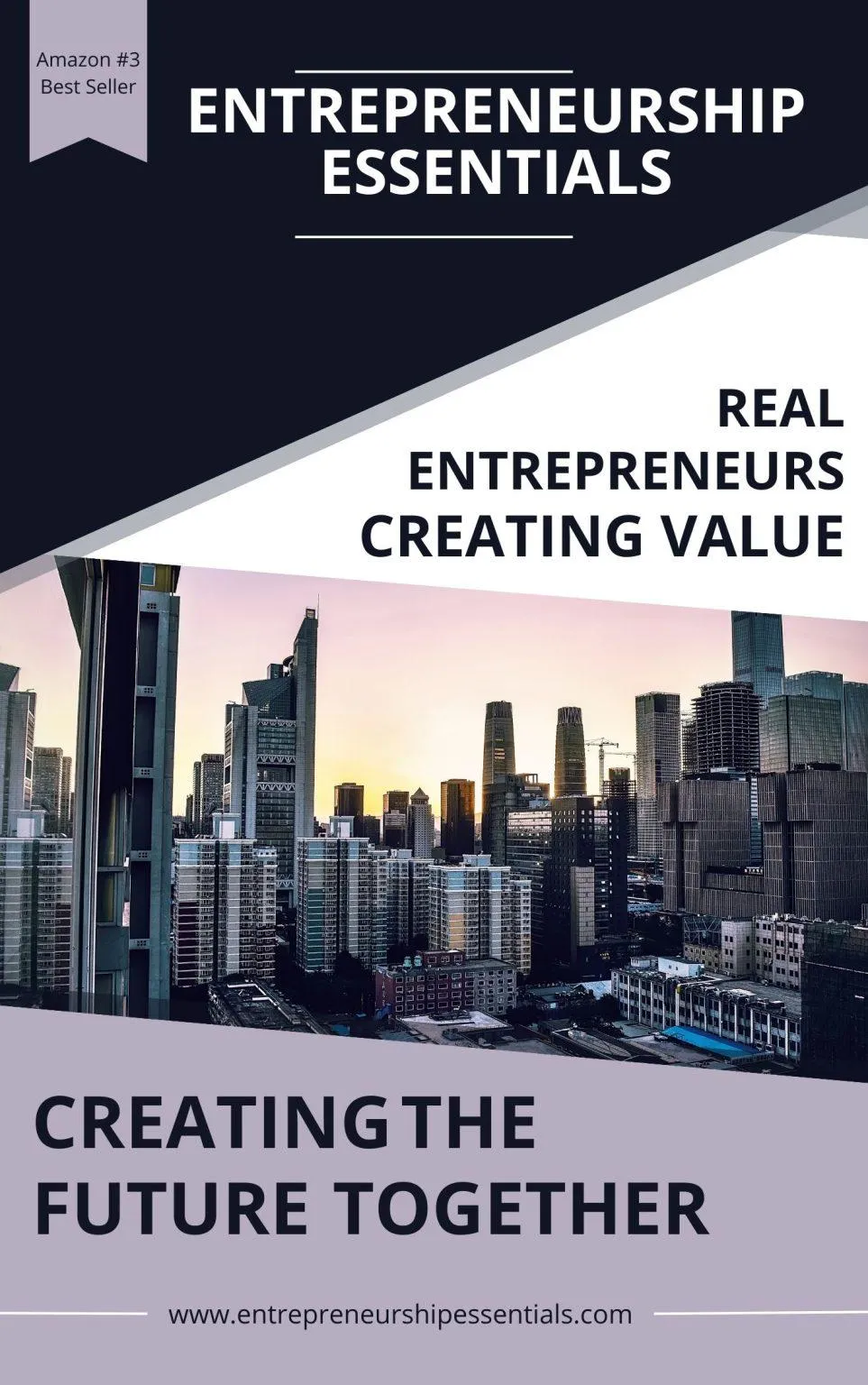
What is the entrepreneurial mindset?
The entrepreneurial mindset is a way of thinking focused on innovation, resilience, opportunity recognition, and action. It helps individuals turn ideas into reality, overcome obstacles, and create value in any environment.

Why is the entrepreneurial mindset important for startup success?
Because launching a business is full of uncertainty — and mindset shapes how you navigate it. The right mindset helps entrepreneurs adapt, learn from failure, and stay focused on solving real problems.

Can anyone develop an entrepreneurial mindset?
Yes — it’s not something you’re born with, it’s something you build. With the right guidance, practice, and reflection, anyone can strengthen the traits that drive entrepreneurial success.Absolutely. Many profitable companies never raise outside capital. Bootstrapping, small business loans, and pre-sales can fund early growth.

What are the key traits of an entrepreneurial mindset?
Resilience, curiosity, resourcefulness, adaptability, and a bias toward action. These traits empower entrepreneurs to seize opportunities and turn challenges into growth.

How does the entrepreneurial mindset help overcome failure?
It helps you see failure not as the end, but as feedback. Entrepreneurs with this mindset learn, adjust, and come back stronger — making failure part of the path to success.

Is the entrepreneurial mindset only for business founders?
Not at all. The entrepreneurial mindset benefits anyone who wants to innovate, lead, or create positive change — whether in startups, corporations, or communities.You’ll typically need a pitch deck, business plan or executive summary, 3-year financial projections, cap table (if applicable), and a one-pager or teaser for introductions.

How can I start building my entrepreneurial mindset?
Start by embracing challenges, seeking feedback, and focusing on solving real problems. Continuous learning, mentoring, and reflection accelerate the process.

What’s the connection between mindset and innovation?
Mindset fuels innovation because it encourages questioning, experimentation, and action. Entrepreneurs with the right mindset see possibilities where others see barriers.

Ready to take the first step?
Join Our COMMUNITY
We all have different paths to success, some have achieved it and some have just taken the first step.
True Entrepreneurship:
Creating Value For Others
Watson is a leading speaker on entrepreneurship and education. His motivational lectures on modern learning technologies, assessment, and the engaged learner experience have inspired today’s learner and challenged educators to update their approach to teaching.
Dr. Greg Watson is a serial entrepreneur and retired professor of entrepreneurship and former director of the center for teaching and learning. As co-chair of the #5 ranked Entrepreneurship New Venture Development program – he lead a mentor team overseeing student entrepreneurial ventures from the ideation stage to value proposition to validation to launch. With an emphasis on the entrepreneurial mindset and entrepreneurial spirit Greg helps you discover that dream.
“You didn’t learn to ride a bike in a workshop” (Sandler) – finding the right entrepreneurial mentor, training, program or entrepreneurship course is often the difference between success and failure.

Copyright© 2025 Entrepreneurship Essentials. All Rights Reserved
